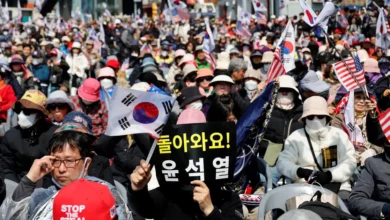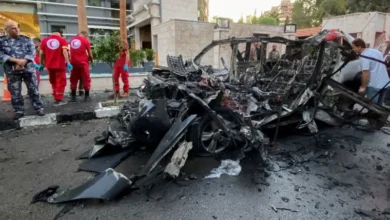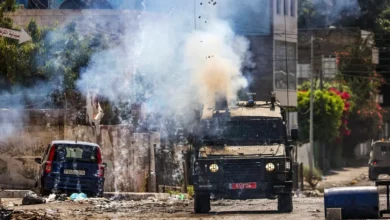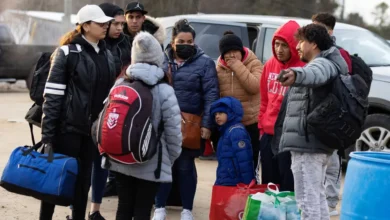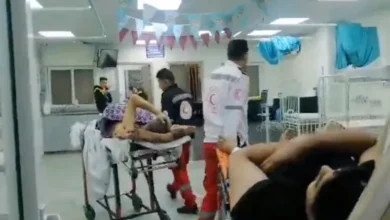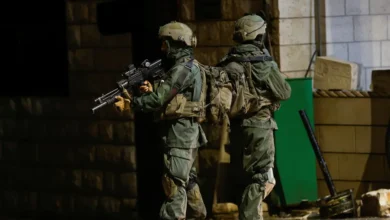Are Palestinians being tortured in Israeli prisons?
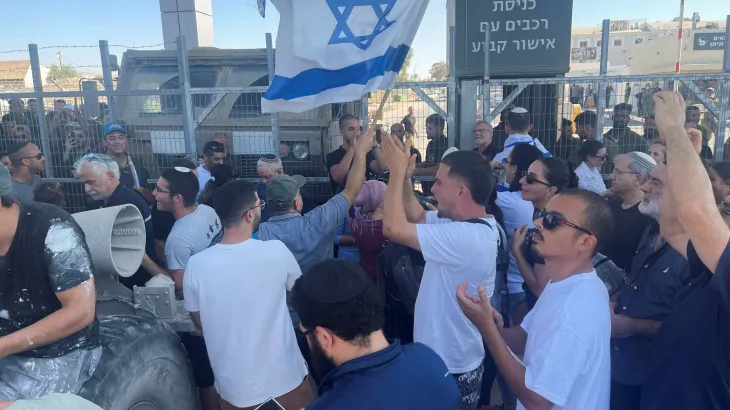
Israel has detained nine soldiers working at the Sde Teiman detention camp in the Naqab (Negev) desert, accused of abusing Palestinians held there.
The base – which has been compared to Guantanamo – has been used as a facility to house Palestinians rounded up in Gaza and held without charge. Many are now pointing to the detention of the soldiers as evidence of the continued abuse of prisoners. Reports from human rights organisations indicate that at least 13 prisoners have died from abuse in Israeli prisons — and Israeli newspaper Haaretz reported that number is as high as 27 — since October 7, when Israel’s current war on Gaza began.However, right-wing Israelis – including leading ministers and politicians – reacted to the arrests of the soldiers on Monday with anger, and a mob broke through the gates of Sde Teiman in an effort to free the soldiers. The detained soldiers were taken to another facility.
What has Israel been accused of doing to Palestinian prisoners at Sde Teiman?
Members of a unit known as Force 100 are alleged to have committed “substantial abuse” towards Palestinian prisoners. Israeli media outlets reported that one prisoner was taken to hospital after suffering severe injuries that prevented him from being able to walk. The “severe injury to the buttocks” could not have been self-inflicted, medical officials were reported to have said.
Abuse of Palestinian prisoners has previously been reported at Sde Teiman. One Palestinian journalist held at the base recounted to a lawyer that he had witnessed the rape of detainees from Gaza.
International news outlets such as CNN and The Associated Press (AP) have also reported on the conditions at Sde Teiman. CNN’s report, based on testimony from three Israelis who worked at the base, said that Palestinians held without charge were blindfolded, beaten, and held in stress positions. Whistleblowers claimed that some prisoners even had their limbs amputated after they were so badly injured from constantly being held in handcuffs.
One worker who spoke to The AP said that most detainees were forced to wear nappies and not allowed to use the toilet. The same report said that some of those held at the base appeared to be non-combatants, and that disease was rife because of the conditions the prisoners were being held in.
Is it just Sde Teiman where this abuse is being reported?
Similar allegations have been reported from prisons holding Palestinians across Israel and the occupied West Bank.
Reporting from Gaza after the release of prisoners from Ofer prison in the West Bank earlier in July, Al Jazeera’s Hind Khoudary said that eight former prisoners said they had been tortured, and deprived of medicine and clothes. Some of the prisoners showed signs of physical abuse on their bodies.
Another released prisoner, Muhammad Abu Salmiya – the director of Gaza’s al-Shifa Hospital – said that several inmates had died in interrogation centres, and that prisoners had been beaten.
Isn’t that torture under international law?
The Convention against Torture and Other Cruel, Inhuman or Degrading Treatment or Punishment, adopted by the United Nations General Assembly in 1984, defines torture as “any act by which severe pain or suffering, whether physical or mental, is intentionally inflicted on a person” for purposes such as extracting information or a confession, or punishment for an act suspected to have been committed.
The description of the acts committed against Palestinian prisoners in Israeli prisons, if proven, would appear to match that definition.
Amnesty International has previously called on Israel to end what it called the “rampant torture” taking place in its prisons, saying it had documented 31 cases of prisoners being held incommunicado, and finding credible evidence of widespread use of torture.

